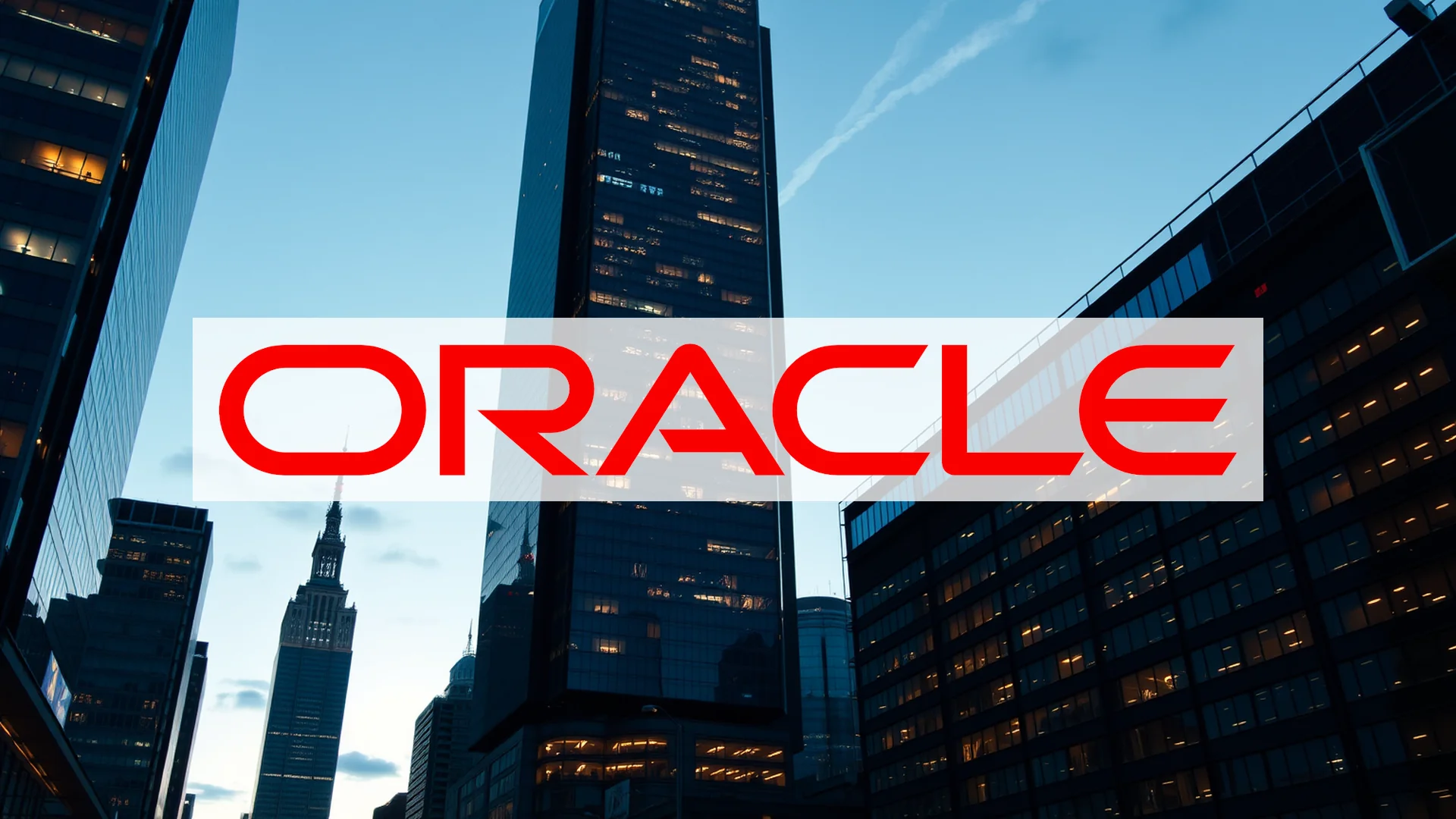The financial community is raising questions about Oracle’s aggressive push into cloud computing infrastructure. Recent analyst actions highlight growing concerns that the technology giant’s massive capital expenditures could undermine its financial stability and profitability metrics.
Analyst Downgrade Signals Caution
Market sentiment toward Oracle shifted when Erste Group revised its rating on the company’s shares from “Buy” to “Hold.” The adjustment reflects apprehension about the substantial investments Oracle is making to expand its cloud infrastructure capabilities. These expenditures are creating significant pressure on the corporation’s financial outlook, particularly concerning given the stock’s current valuation at 56 times earnings—a premium multiple that appears increasingly difficult to justify if profitability measures continue to deteriorate.
Debt and Liquidity Concerns Emerge
Oracle’s balance sheet reveals several potential trouble spots as the company accelerates its cloud infrastructure expansion. The total debt burden has reached $111.62 billion, while short-term liquidity appears strained with a current ratio of 0.62. This ratio suggests potential challenges in meeting immediate financial obligations as they come due.
Further compounding these concerns, the company’s return on assets has declined to just 7.66%, indicating diminishing efficiency in converting capital investments into profits. Perhaps most alarming to investors focused on sustainable financial health is the negative free cash flow position of -$5.88 billion.
Should investors sell immediately? Or is it worth buying Oracle?
From Record Highs to Significant Correction
Oracle shares experienced a dramatic trajectory in recent months, skyrocketing to an all-time peak of $328.33 in September following major artificial intelligence contract announcements with industry leaders including OpenAI and Meta. However, the subsequent downturn has been equally dramatic, with the stock surrendering approximately 27% of its value since that high point.
Recent trading sessions have maintained this downward pressure, with shares settling around $239—substantially below September’s record levels. This price action has investors questioning whether Oracle’s growth prospects genuinely support both its elevated valuation and the enormous capital requirements of its expansion strategy.
Growth Versus Profitability Dilemma
Despite these financial concerns, Oracle remains a significant competitor in the cloud services sector. Company leadership has projected that Oracle Cloud Infrastructure (OCI) could achieve $18 billion in revenue by fiscal year 2026, representing remarkable 77% growth. However, Erste Group analysts caution that this expansion will likely come at the cost of compressed operating margins in the coming years.
The analyst community appears divided on Oracle’s prospects. While UBS maintains a bullish $380 price target, other market observers are growing increasingly skeptical. The central debate no longer centers on whether Oracle can grow—but rather whether it can translate that growth into sustainable profitability without further straining its financial position.
Ad
Oracle Stock: Buy or Sell?! New Oracle Analysis from February 7 delivers the answer:
The latest Oracle figures speak for themselves: Urgent action needed for Oracle investors. Is it worth buying or should you sell? Find out what to do now in the current free analysis from February 7.
Oracle: Buy or sell? Read more here...











